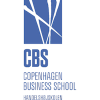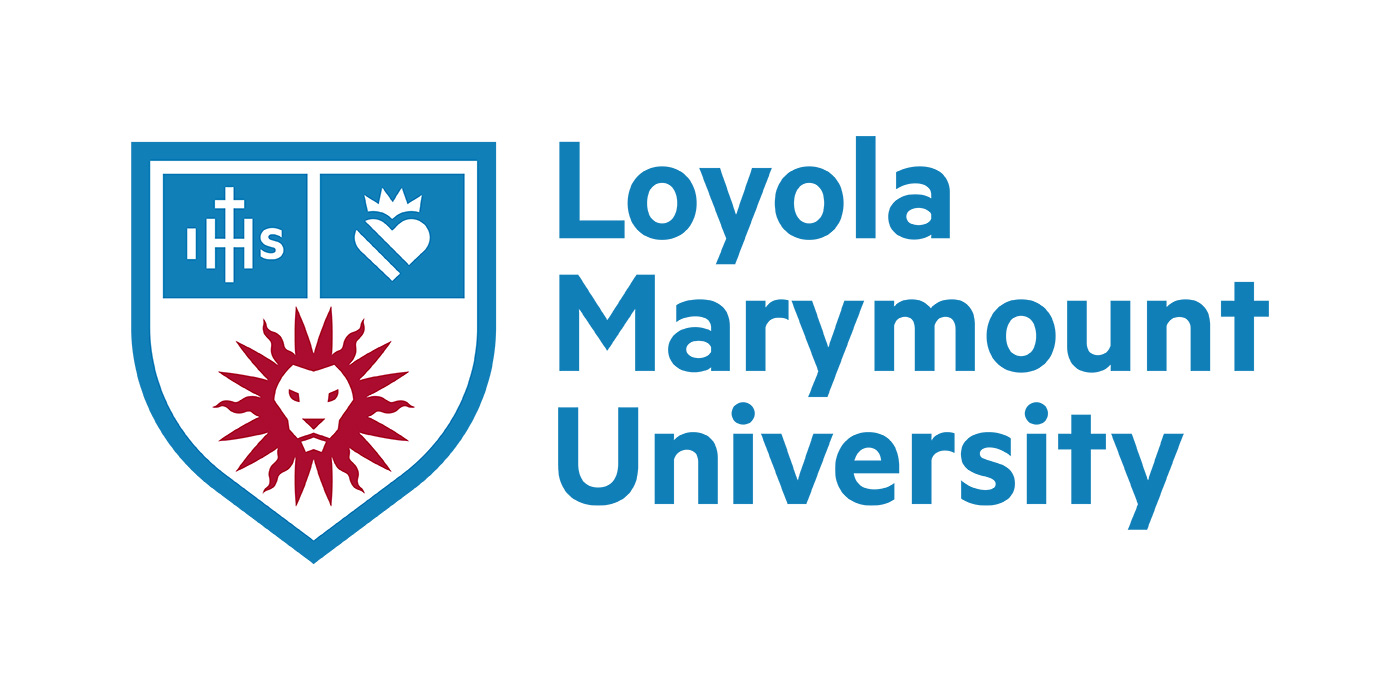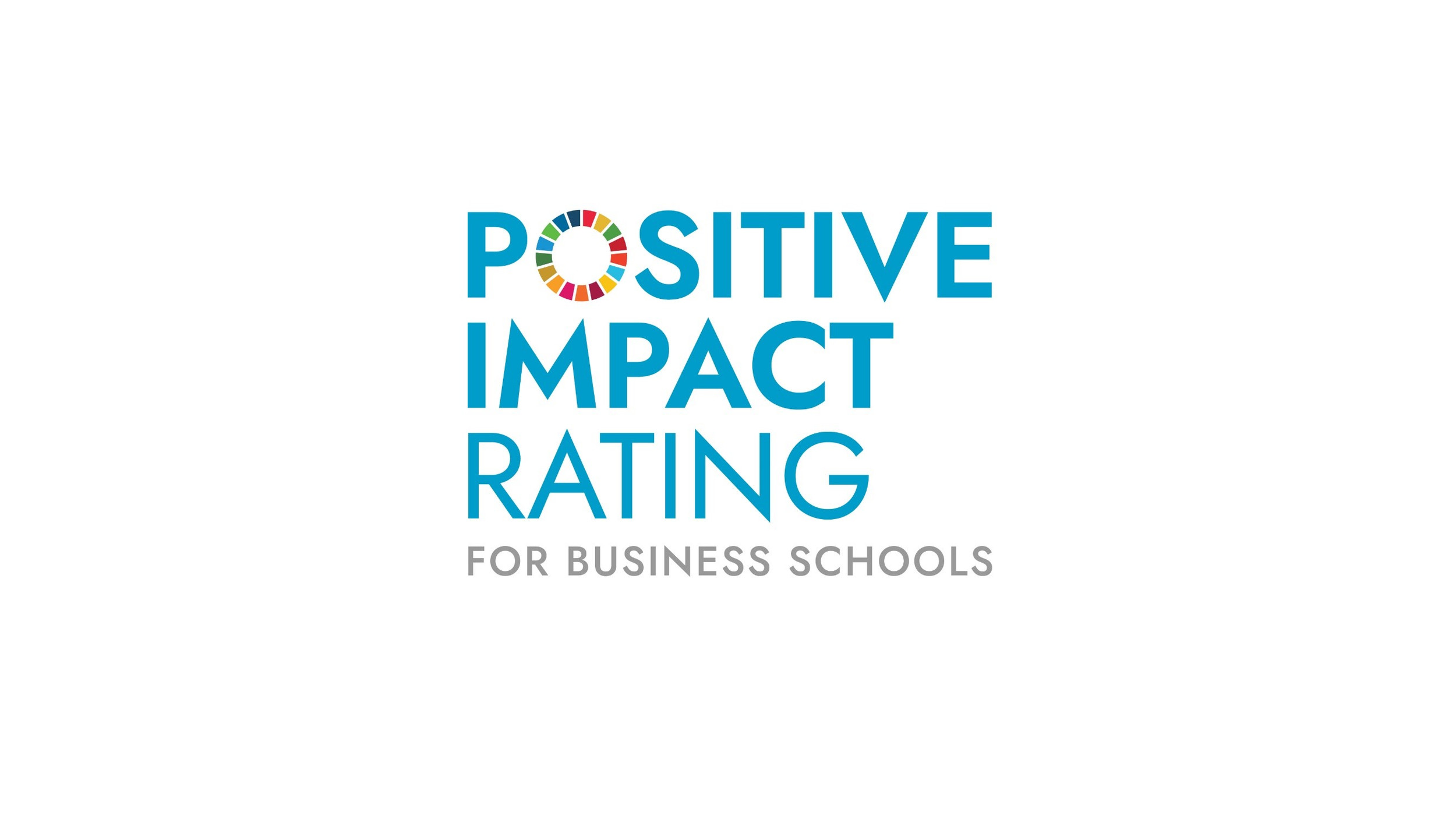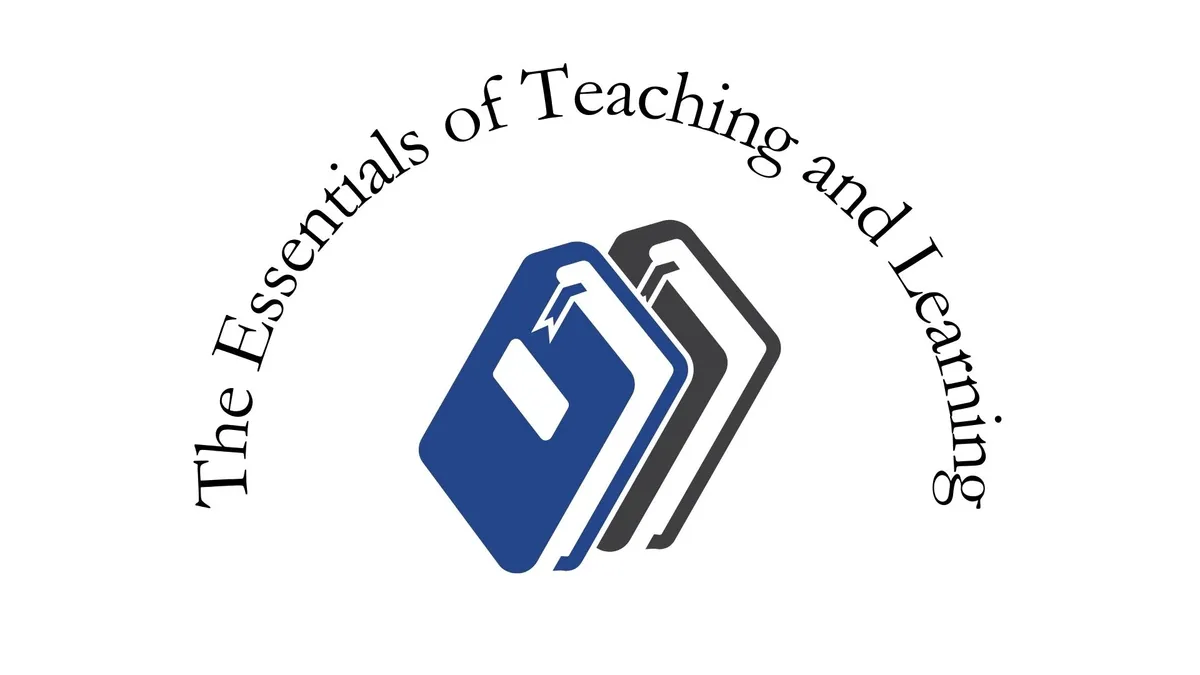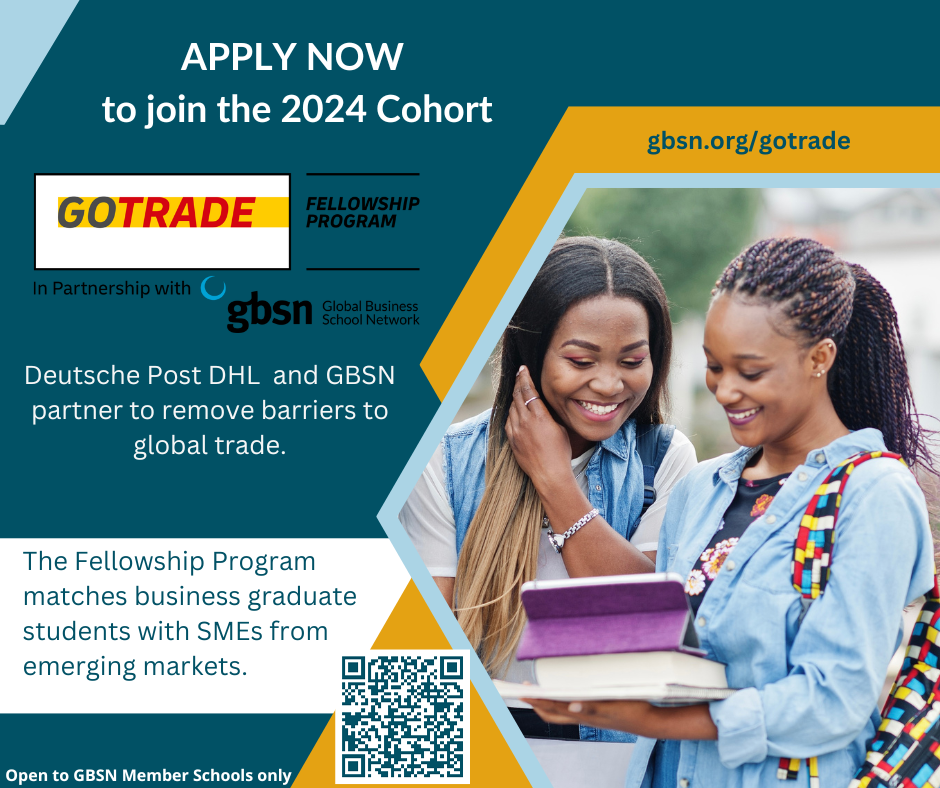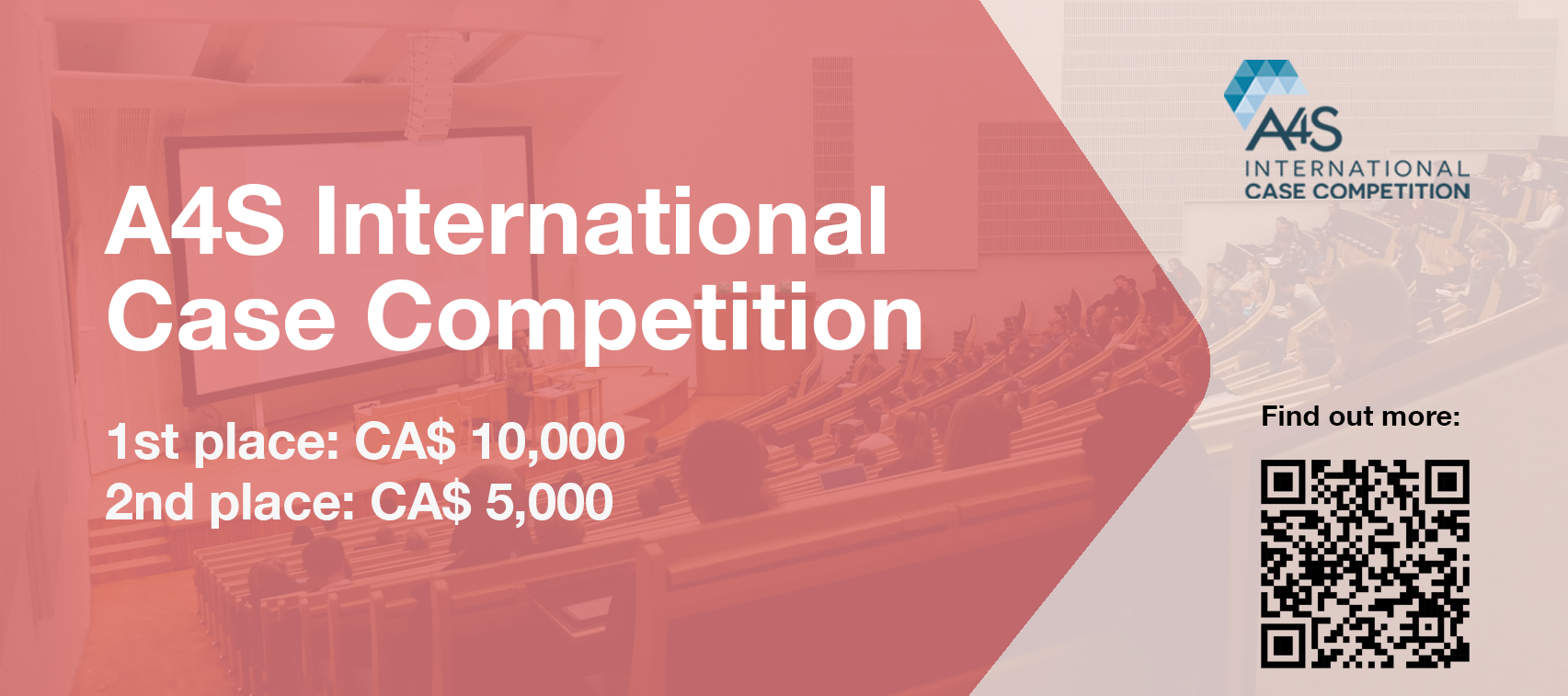
How can we inspire the business leaders of today – and tomorrow – to help accelerate the transition to a nature-positive economy and secure a sustainable future for all?
We are supporting the Accounting for Sustainability International Case Competition (A4SICC) to try and do just that. Today’s business and accounting students will have to manage a wide range of sustainability challenges upon entering the workforce. To succeed, and more importantly, to help shape and drive a sustainable economy, these students will require both theoretical and practical sustainability skills. Accounting for Sustainability (A4S) aims to address this knowledge gap – join us in supporting the competition!
What is the competition?
Established in 2018, A4SICC provides an opportunity for business and accounting students to develop and apply their skills to solve sustainability challenges in a commercial environment – supporting us all to transition to a sustainable economy. By engaging students in how we can solve pressing global problems, we are equipping them with the tools and skills to meet the social and environmental challenges ahead.
For the 2026 competition, students are invited to select one of the world’s 2,000 most influential companies from the World Benchmarking Alliance SDG2000 list and build the business case for nature, analysing how the company both depends on and impacts the natural environment.
Students can register their interest now and get access to resources to support their entry. The entry window will open on 3 November 2025 and close on 14 December 2025.
Get your students involved
A4SICC offers your students a transformative and practical learning experience as well as the chance to:
- Travel to Toronto, Canada for the face-to-face finals
- Win a cash prize of CA$10,000 (winning team) or CA$5,000 (runner-up)!
- Access the internships linked to the competition
- Cultivate critical skills for sustainable business development
- Connect with industry leaders
- Contribute to the advancement of sustainable business practices
You can find an overview of the competition and links to easy-to-use templates to excite and engage your students in this A4SICC Communications Deck. Watching the video from A4SICC 2025 is a great way to get a feel for the competition.
Find out more on the A4S website here, or contact the A4SICC team at a4sicc@a4s.org to get involved.


